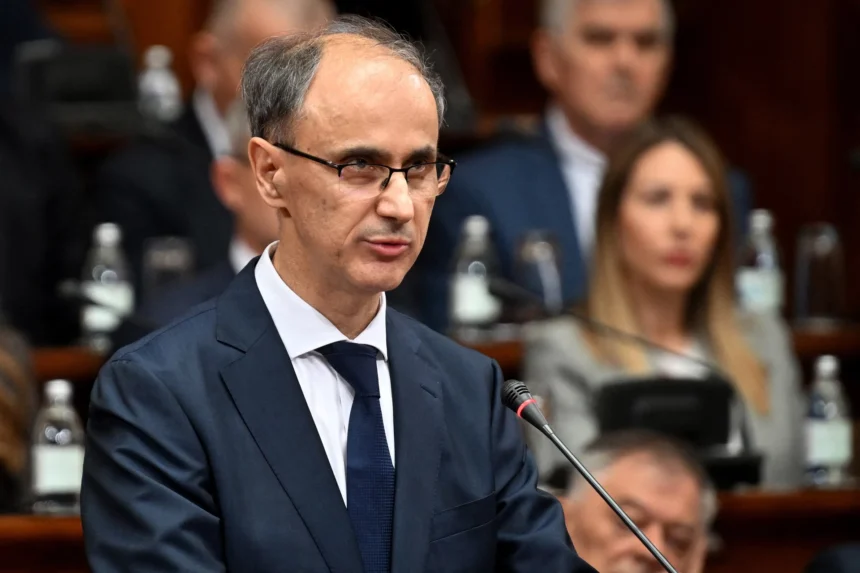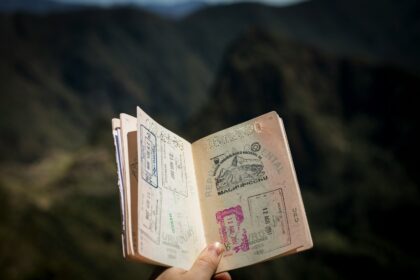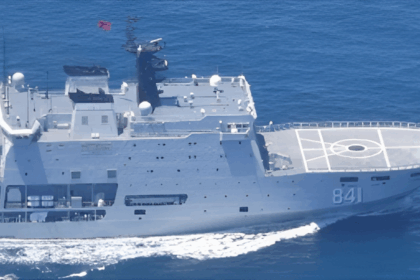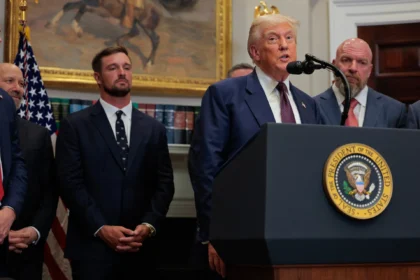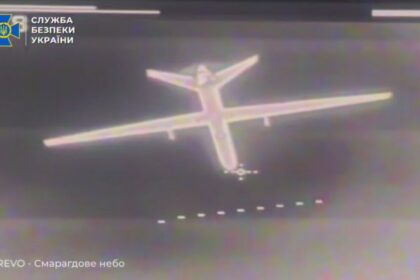Serbia’s Prime Minister Djuro Macuto has once again stirred international attention with his firm stance: as long as he’s in office, Serbia will not consider sanctions against Russia. His statement reinforces Serbia’s ongoing geopolitical tightrope—trying to maintain close historical ties with Moscow while also pushing toward European Union integration.
Despite EU hopes that Serbia would align its foreign policy with the bloc’s position on the war in Ukraine, Macuto’s words signal quite the opposite. Serbia continues to diplomatically back Russia, even as it publicly supports Ukraine’s territorial integrity and provides humanitarian aid. This strategy allows Serbia to preserve an image of neutrality—enough to avoid alienating either side entirely.
Macuto’s recent visit to Moscow and meeting with Vladimir Putin didn’t go unnoticed. While most European leaders are keeping their distance from the Kremlin, Serbia’s president not only attended a public event but used the occasion to discuss bilateral issues. This prompted criticism at home and abroad, especially from those pushing for Serbia to decisively align with the West.
Yet, during a recent government session, Macuto also highlighted Serbia’s continued engagement with the EU, mentioning a €240 million agreement for support in the environmental and energy sectors. These steps show Serbia still has a foot in the European door, and the West still views it as a potential member.
This balancing act, however, appears increasingly contradictory. On one side, Serbia signs deals with the EU; on the other, it refuses to sever ties with Moscow. Critics argue Macuto’s leadership change, following the resignation of Miloš Vučević amid widespread protests, is largely symbolic. The new cabinet mirrors the old, fueling doubts about real reform.
International observers are watching with concern. Serbia remains in EU accession talks and has made some structural changes, but its strategic hesitation to break from Russia creates uncertainty about its true intentions—especially in today’s polarized geopolitical climate.
For now, Belgrade maintains its so-called neutrality. But the pressure is mounting. The EU is growing louder in its calls for unified policy on sanctions and clearer commitment to membership. Meanwhile, Russia is desperate to retain its remaining loyal allies in Europe—Serbia being one of the few left.
The coming months will be crucial. Can Macuto’s government continue walking this fine line, or will Serbia be forced to choose a side? With trust fraying on both ends, Serbia’s double-track diplomacy may soon run out of road.







